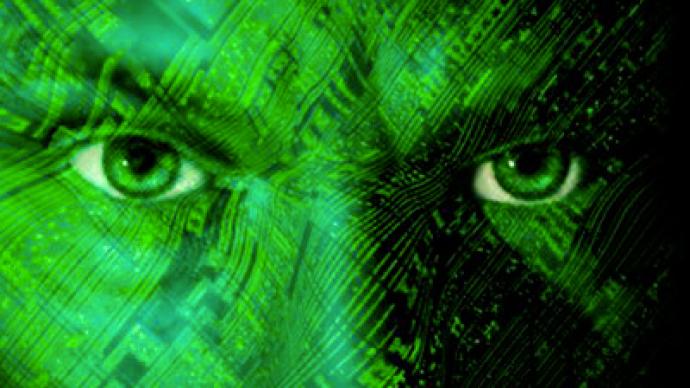Cyber-crime precedes cyber-wars – Kaspersky

In future military conflicts there will be cyber military attacks, making the introduction of IT military units and standards a necessity, predicts security software mogul Eugene Kaspersky.
Kids, teenagers and cyber vandals who used to be naughty on the web, staging hack attacks and writing viruses just for fun and to prove themselves, are now turning into cyber-criminals, driven by “unfortunately quite a big” profit, says the king of anti-virus software.Kaspersky revealed to RT that there is another type of hacker behind cyber-attacks, the so-called “hacktivists”. They are not motivated by money or profit per se. “Most of them do it like in protest,” Kaspersky said.“We are closely watching the cyber-crime world though, keeping those guys at a proper distance,” he assures.Hackers fueled by ideology are potentially more dangerous than those that are after money, because as they grow more experienced they set new aims for themselves and that is where they can join cyber-terrorism, designing and managing cyber-terrorism attacks.“We depend on IT, we depend on computers, networks – everything around is just a computer,” the security guru claims, “and unfortunately not every network is designed in a secure way."“We live in a very dangerous world which is even more dangerous than it was in the past.”Eugene Kaspersky noted that the problem is international and it could be dealt with on governmental level only – which is already being done with increasing intensity, he acknowledged.At the same time governments conduct cyber-warfare against each other, like the notorious StuxNet virus that was used to infest computers belonging to Iran’s nuclear problem. Eugene Kaspersky said that he personally examined this virus’s code and can officially state that the virus is “a big project’ and it took a “group of hi-end experts to design it.” Kaspersky also stressed that he is not sure the job could be done without governmental support, adding that the StuxNet attack is the first incident and he is waiting for those that will follow.Kaspersky predicted that there will be cyber military attacks in future military conflicts. He said it is not the job of his company to protect countries, but indeed they do advise governments what must be done to protect industries and communication systems, and governmental resources.“I think the right way is to introduce military IT security standards,” he claims.













